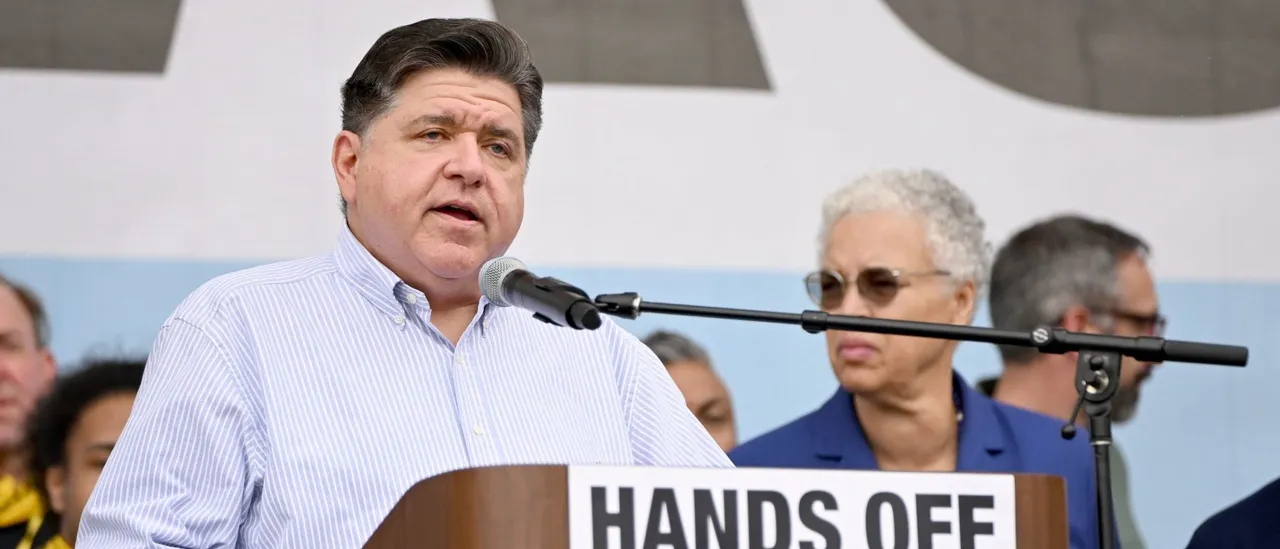URGENT UPDATE: Several self-proclaimed “violence prevention” activists are now facing serious criminal charges, including murder and assault, raising significant questions about their roles in community safety efforts. Reports confirm that four activists have been charged across major cities such as Philadelphia, Washington D.C., Flint, and Chicago, while another is serving time in Rochester, New York.
These developments come as law enforcement grapples with rising crime rates in liberal areas. The activists had previously promoted innovative, compassionate responses to violence, but their recent arrests have intensified scrutiny over their methods and motivations. The implications of these charges are felt deeply in communities already struggling with crime, as local leaders reassess their strategies for public safety.
In a shocking turn of events, Kellen McMiller, a prominent figure in the Peacekeepers program, was arrested in Chicago for his alleged involvement in a deadly burglary that resulted in a fatal car crash on September 11, 2025. McMiller, who was already wanted in four states, allegedly robbed a Louis Vuitton store just days after being photographed alongside Illinois Governor J.B. Pritzker at a community event aimed at addressing violence. The Cook County State’s Attorney’s Office has charged him with murder and theft, emphasizing the stark contrast between his advocacy work and criminal actions.
Governor Pritzker had previously lauded McMiller’s efforts, stating on social media, “It’s folks like these that we need more of doing the hard work of community violence prevention.” However, with McMiller’s arrest, the state’s Peacekeepers program faces intense scrutiny, prompting Metropolitan Peace Initiatives to reconsider its vetting standards, according to Executive Director Vaughn Bryant.
Meanwhile, in Washington D.C., violence interrupter Cotey Wynn has been implicated in a murder plot linked to a shooting that left three injured. Court documents reveal that Wynn, who served ten years in prison for past offenses, was seen on surveillance footage signaling to a gunman during the attack. The D.C. Attorney General’s Office had previously highlighted Wynn’s transformation as a symbol of second chances, but his latest charges have cast a shadow over such narratives.
In Philadelphia, Sergio Hyland, a self-described “hood abolitionist,” was arrested for allegedly murdering his girlfriend and disposing of her body under an overpass. Hyland had previously been an advocate against mass incarceration, but his arrest for such a violent crime starkly contrasts his community-focused messaging. His attorney claimed that evidence against him was circumstantial, but the case raises questions about the effectiveness of activist-led crime prevention initiatives.
In Rochester, New York, Anthony Hall, former leader of the Pathways to Peace program, is serving time for assaulting a police officer. Hall’s transition from community advocate to inmate highlights the challenges faced by organizations attempting to implement alternatives to traditional policing, especially when leadership becomes embroiled in legal troubles.
Adding to the turmoil, Leon El-Alamin, a Flint city councilman and founder of the MADE Institute, has been charged with domestic violence after a history of advocating for ex-inmates. Despite a “clean slate” program expunging his previous convictions, El-Alamin’s recent allegations of violence against an ex-girlfriend have prompted a reevaluation of his role in community advocacy.
As these cases unfold, community leaders and policymakers are under pressure to reassess their crime prevention strategies. The juxtaposition of advocacy and violent crime raises critical questions about the effectiveness and accountability of such programs. Activists previously celebrated for their work now face backlash as their actions come under intense scrutiny, highlighting the urgent need for transparent and effective measures in addressing urban violence.
WHAT TO WATCH FOR: Authorities are expected to continue investigations into these cases, and community organizations may implement new vetting processes to ensure the integrity of their programs moving forward. The outcomes of these trials could significantly impact public perception of violence prevention initiatives in liberal cities across the nation.







